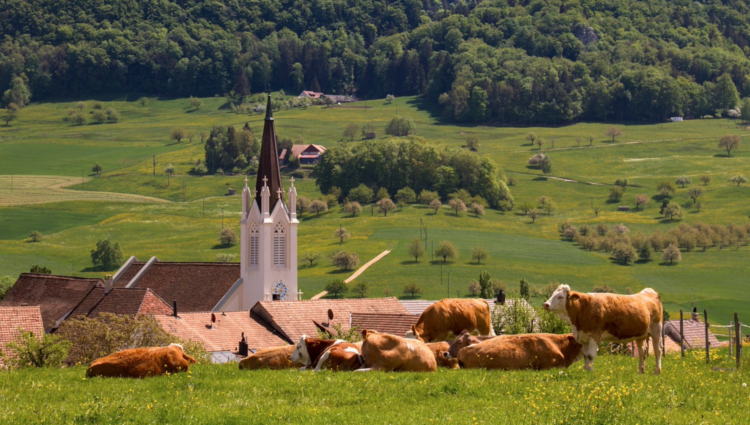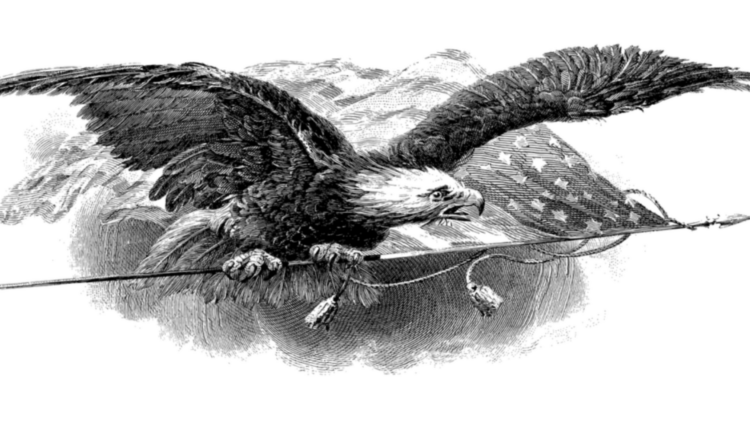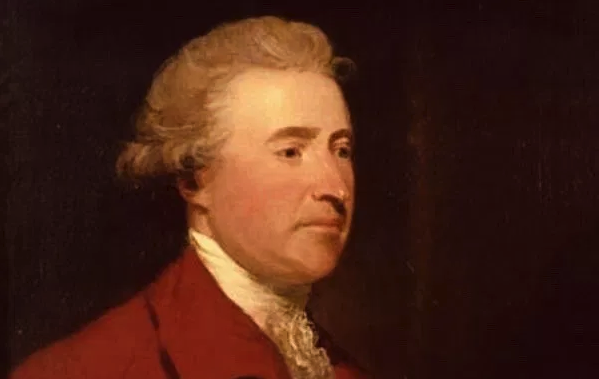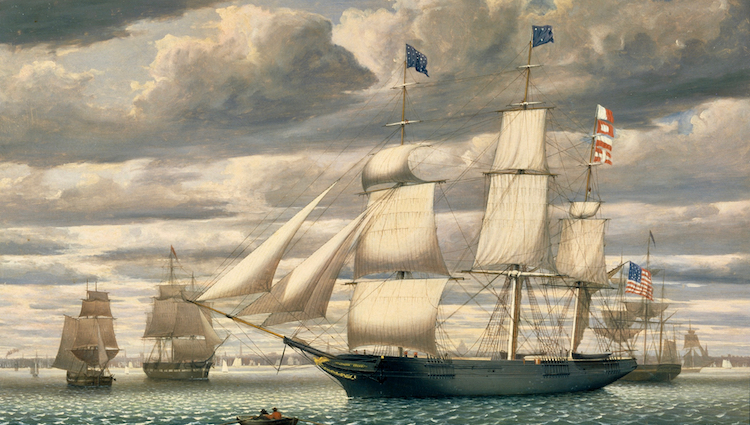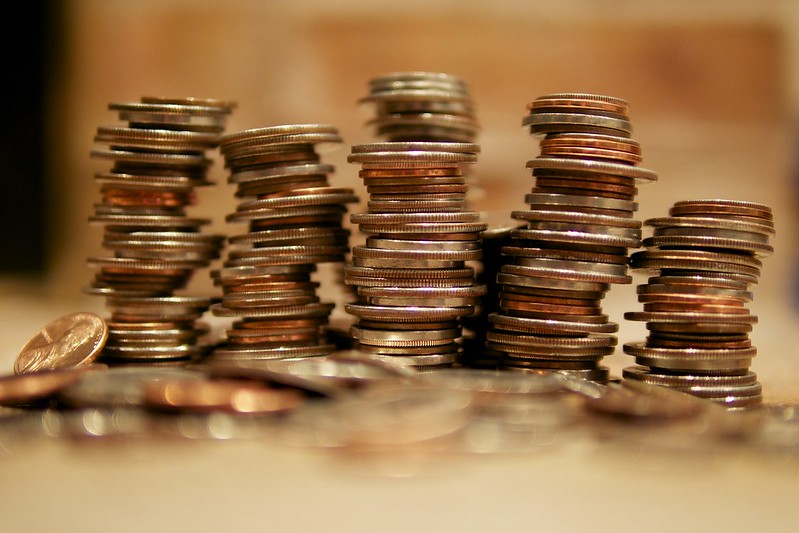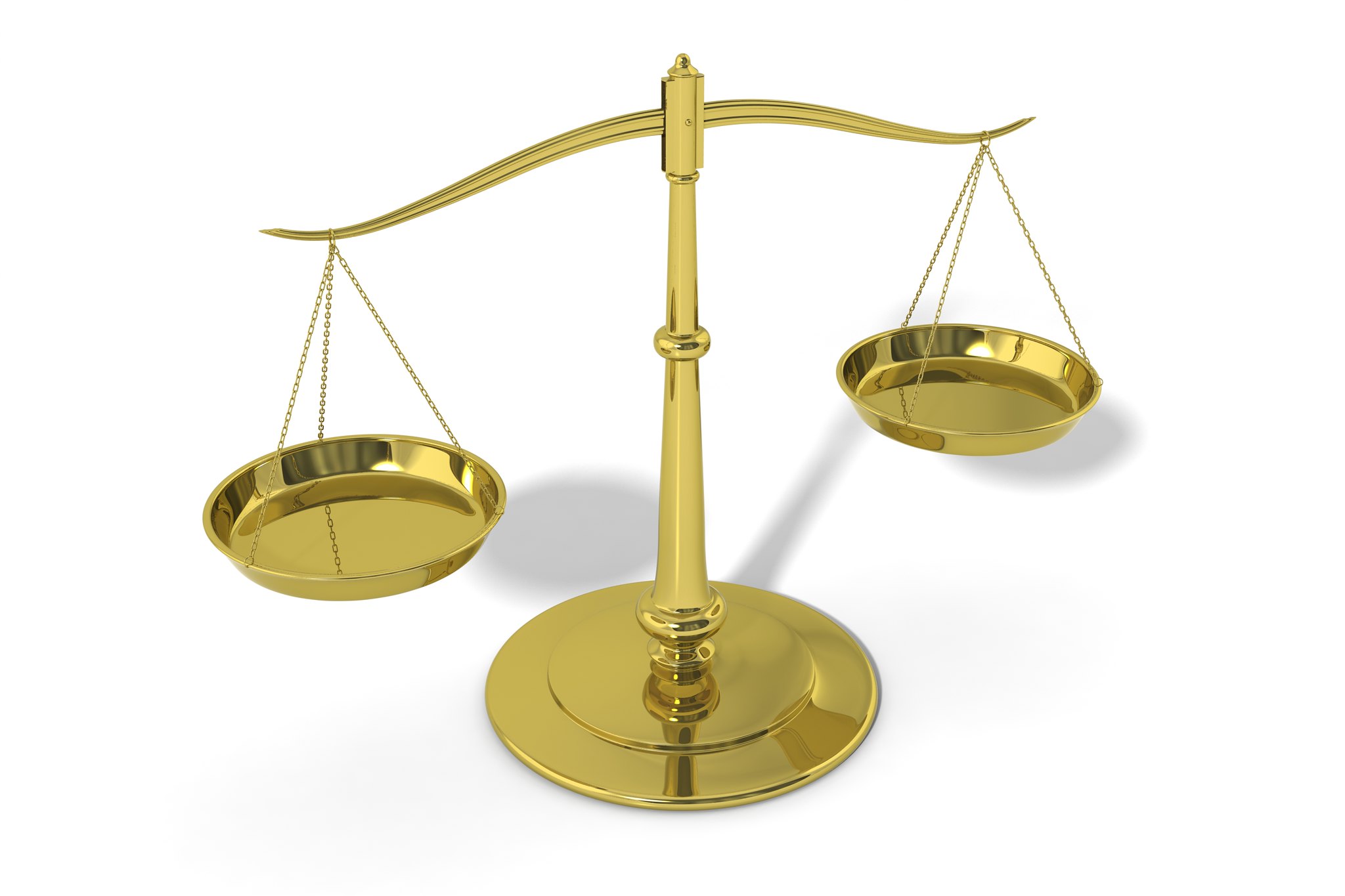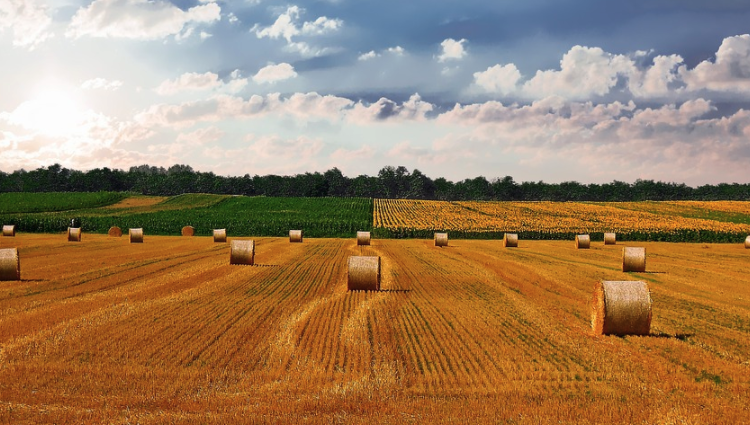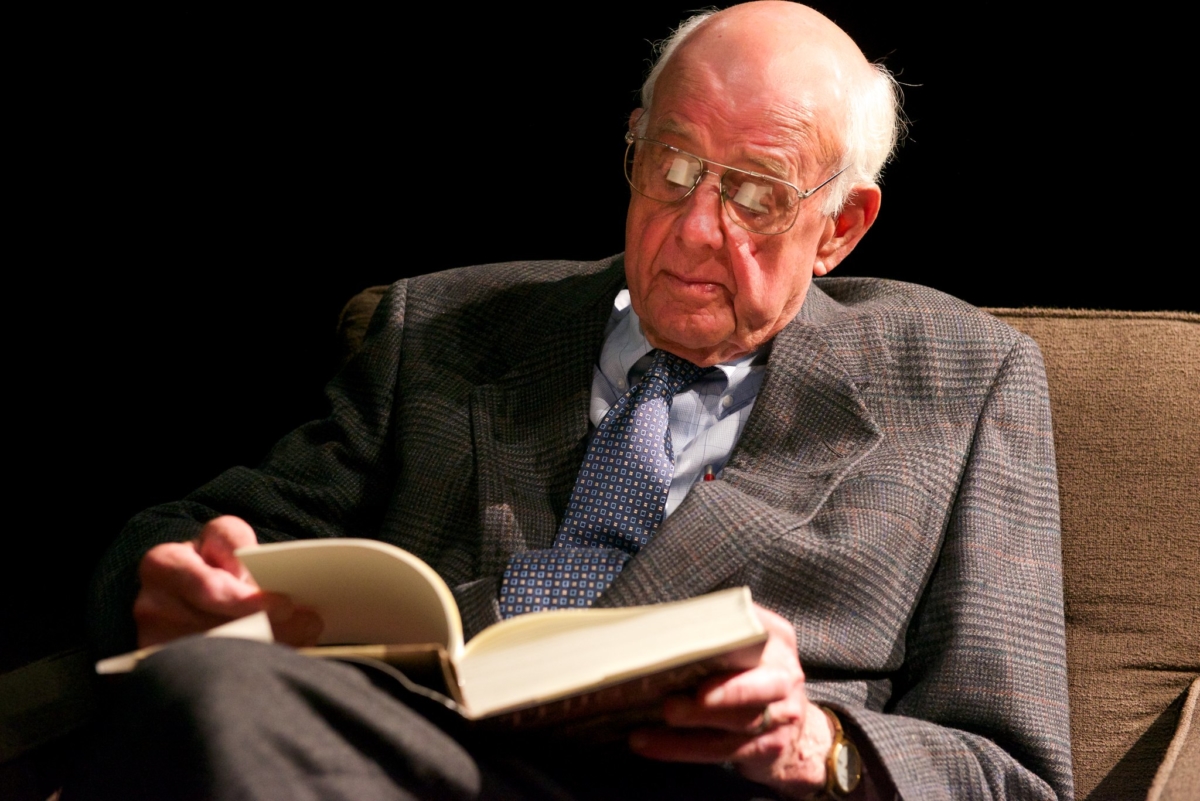The Bible as Agrarian Textbook
Whether Roman Catholic, Eastern Orthodox or orthodox Protestant, the Bible is the basic book of the Christian faith. One may well ask if it has anything to say about how we should live, not only about the fruits of salvation, but about what kind of government we are to have or what kind of economy? [...]

